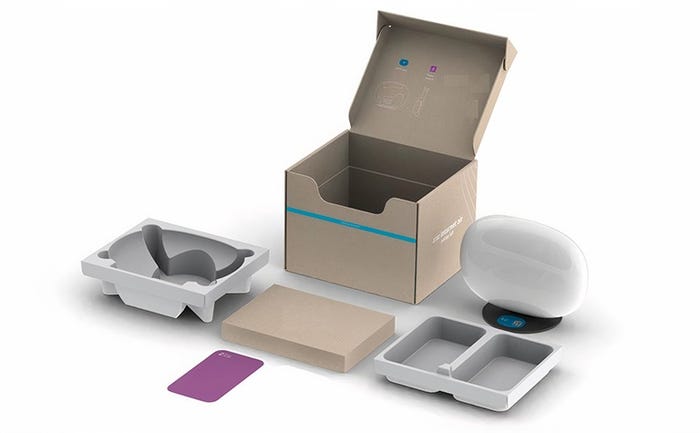Network Technology
More Topics
FCC Chairwoman Jessica Rosenworcel
Broadband
FCC passes net neutrality order ... again ... for nowFCC passes net neutrality order ... again ... for now
Democrats on the FCC voted to restore net neutrality and Title II rules. The issue will face inevitable court challenges and is likely to be undone again under the next Republican administration.
Subscribe and receive the latest news from the industry.
Join 62,000+ members. Yes it's completely free.









.jpg?width=300&auto=webp&quality=80&disable=upscale)







































